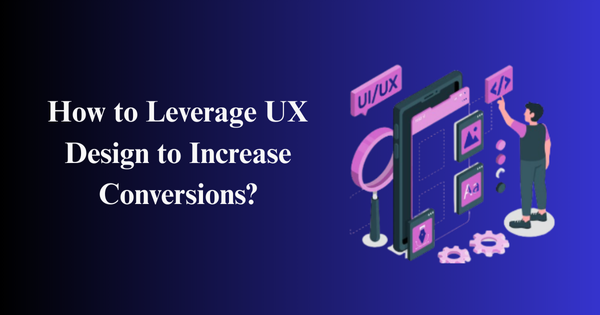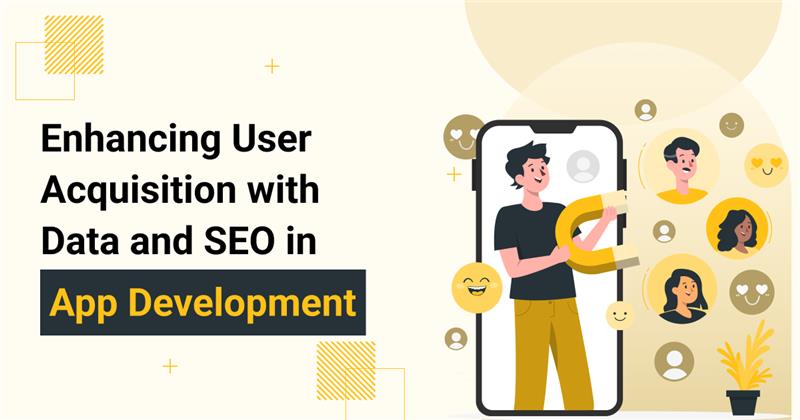The Role of AI in Modernizing Music Production
Imagine sitting in your living room, creating a tune. Ten years ago, it would have stayed in your head or on a napkin. Now, AI can turn it into a full song. Feels futuristic, right? Yet, it’s the reality today for many.
The era of music production has seen a transition from reel-to-reel tape to a significant transformation facilitated by digital tools towards the close of the 20th century. Artificial intelligence (AI) has introduced another layer to this evolution. This technology is no longer a futuristic concept, but rather a fundamental part of music creation, making it more accessible to a wider audience.
How is AI Revolutionizing Music Creation?
In essence, AI democratizes music production. You no longer need to be trained for years or have a ton of money to produce studio-quality music. Even a person with zero technical skills can experiment and create because of AI-driven platforms.
AI is not limited to experts but something anyone can use and dip their toes into so that they are included in the creative process: songwriting, sound engineering, and so much more. While most of the hard labor is cared for by AI, human imagination expands and stretches across even farther limits.
A perfect example would be AI tools that aid users in composing original compositions. For example, you may easily create original songs with AI , which offers a person with or without a musical background the opportunity to create an entire track in several minutes. Such tools are not just dumb assistants; they co-create by unleashing new avenues of creativity.
To achieve a solid sound, music production required costly equipment, studios, and huge teams of engineers. Today, the right AI tool does all that for you, freeing time for artistry. It is as if AI sets the stage, lights it just so, and gives you the microphone.
How AI Streamlines Production Processes
Beyond songwriting, AI revolutionizes the music industry by making some of the most tedious aspects of music production easier: mixing, mastering, and even sound design. Who hasn’t wasted hours fiddling with EQ adjustments or endless compressions? It’s time-consuming and, quite frankly, brain-numbing. But AI creates an intelligent assistant to smooth out technical details, allowing you to focus on the art.
Think of AI in production as your sous-chef. You could chop up all the vegetables and prepare all the ingredients, but would you like to focus on flavor and presentation? AI manages the mundane, tedious tasks so you can get to the heart of your music sooner, while also allowing you to talk to AI characters for creative collaboration and inspiration. For example, the AI audio mix tools analyze and adjust the music accordingly based on professional standards. Mastering tools will adapt the general sound without infringing on the creative vision you have for it.
Beyond the basics, AI can sometimes become a playground just to try out. You want to push the limits of your sound with some more avant-garde, right? Well, AI tools are custom-built to help you test out those new textures and styles without a lot of headaches and challenging homework. In other words, it clears up technical roadblocks and allows more spontaneity within your process.
AI Collaborating Tool: Remodeling Human Creativity
There is indeed a very valid concern: Will AI replace musicians? Is it removing the human touch from music creation? The answer, in short, is no. AI isn’t here to take over; it’s here to co-create.
Imagine being a musician with writer’s block. Nothing works. The more you try, the less fresh it seems. AI, which can come up with all this new information and sound, represents that jam session partner who suggests something like a riff or chord progression you would otherwise not think of. It pushes the boundaries that human creators might not even know exist, opening the potential for more experimentation and growth.
Instead, it’s a supplement and a tool to enhance human creativity. While AI can generate beats, melodies, or soundscapes, only humans can give them emotion, context, and purpose.
Tearing Down Boundaries: Why AI Makes Music Accessible to All
AI works as a great leveler. Before, top music production belonged solely to big studios or high-expense gear users. These days, anyone with a computer and love for music can create tracks that sound studio-quality.
It’s like having a producer in your pocket to turn your bedroom into a full-fledged studio. Platforms that integrate AI technology let artists immediately dive into production without needing a degree in sound engineering. Independent musicians have been equalized in that quality, which had taken a whole crew of professionals who work on music production to command.
It’s not just making it more accessible; it opens doors to people who might have yet to dream of music production being within their realm. The next giant revolution in music may come from an unknown basement producer sitting behind his laptop, now making beats with AI tools helping turn his ideas into sound.
Conclusion
Such a future is rather thrilling to envision as the development of AI changes all those different aspects of creating music. It is starting to become clear that with AI as an assistant, an even more tremendous promise lies ahead. It might create real virtual reality music experiences or bring artists from every corner of the earth into the same room in real-time. This technology will continue to stretch what’s possible to render into work.
Even when it is very advanced, however, AI cannot offer the raw emotion and personal experience that only a human can. Music is more than notes and rhythms; it’s about connection. As much as AI might turn the music business around, a human touch will always be at its heart.
As for AI, it is not a flash in the pan, but it fundamentally redefines the industry regarding creativity, collaboration, and access. Artists and innovators decide how to use the tools to push the boundaries of what is possible.



